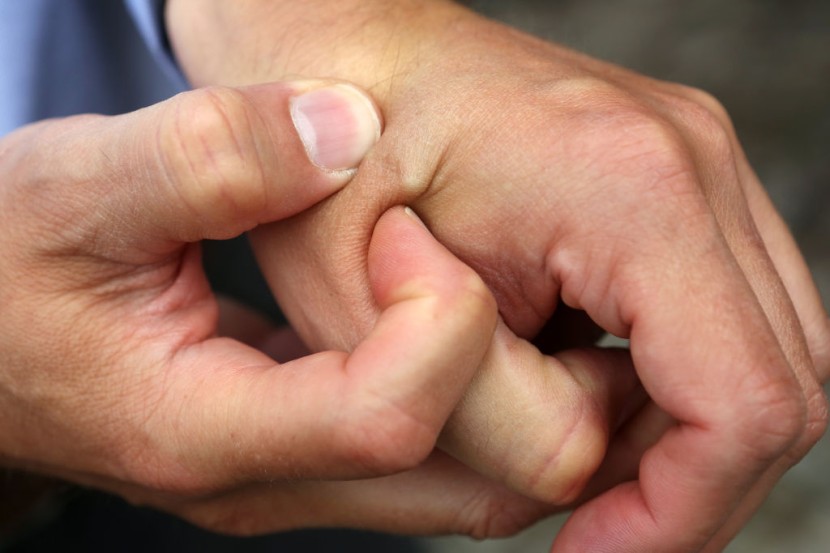
Humans have slowly but steadily improved technology in the last few years, and microchip implants have now become a big thing, from giving you access to your home to allowing you to buy stuff without bringing anything, but does it suffer from privacy or security issues?
In one case, 37-year-old Patrick Paumen can pay for something he wants in a shop or restaurant without using a bank card or his mobile phone. Instead, he simply extends his left hand and places it near the contactless card reader, and he sends the money to the store.
Contactless Payment With Microchip Implant
Paumen, a security guard who comes from the Netherlands, said that he always finds the reactions from cashiers priceless. He is able to do this because of a 2019 contactless payment microchip injected under his skin in his hand.
He said that at the time, the procedure hurt as much as a time when someone else pinches your skin. The first time that such a technology was injected into a human being was in 1998, but it was only in the last decade that microchip implants have become commercially available, as per BBC.
British-Polish firm Walletmor said last year that it is the first company that has offered them up for sale to the public when it comes to implantable payment chips. Wojtek Paprota, the founder and chief executive of the company, said that the implant could be used to "pay for a drink on the beach in Rio, a coffee in New York, a haircut in Paris, or at your local grocery store."
The company's chip, which weighs less than one gram and is only a little bigger than a grain of rice, is made up of a tiny microchip and an antenna encased inside a biopolymer, which is a naturally-sourced material similar to plastic. Paprota adds that the technology is entirely safe, has regulatory approval, works immediately after implant, and firmly stays in place.
According to the Daily Star, the technology is groundbreaking, especially since the use of physical cash in the last few years has been waning. The coronavirus pandemic also accelerated the need for contactless procedures and not just payments.
The Future of Technology
Walletmore claims that it has already sold more than 500 microchip implants to willing customers since last year. Paprota said that the technology contains the same kind of technology that people use on a daily basis, including key fobs, public transit cards, or bank cards with contactless payment functions.
But while the technology could certainly help humans move forward, what else can it be used for? Tesla CEO Elon Musk previously said that the world was heading towards a point where we would be able to cure schizophrenia and autism. He made the case by arguing that new microchip implants can be injected into a person's brain.
Musk co-founded brain implant company Neuralink, which said that the initial goal of its technology is to help people suffering from paralysis to be able to regain their independence through the control of computers and mobile devices. Officials said that their devices are designed to give people the ability to communicate easily via text or speech synthesis, GovTech reported.
Related Article:
BlackGuard: New Password-stealing Malware Being Sold on Russian Hacker Forums
© 2026 HNGN, All rights reserved. Do not reproduce without permission.








